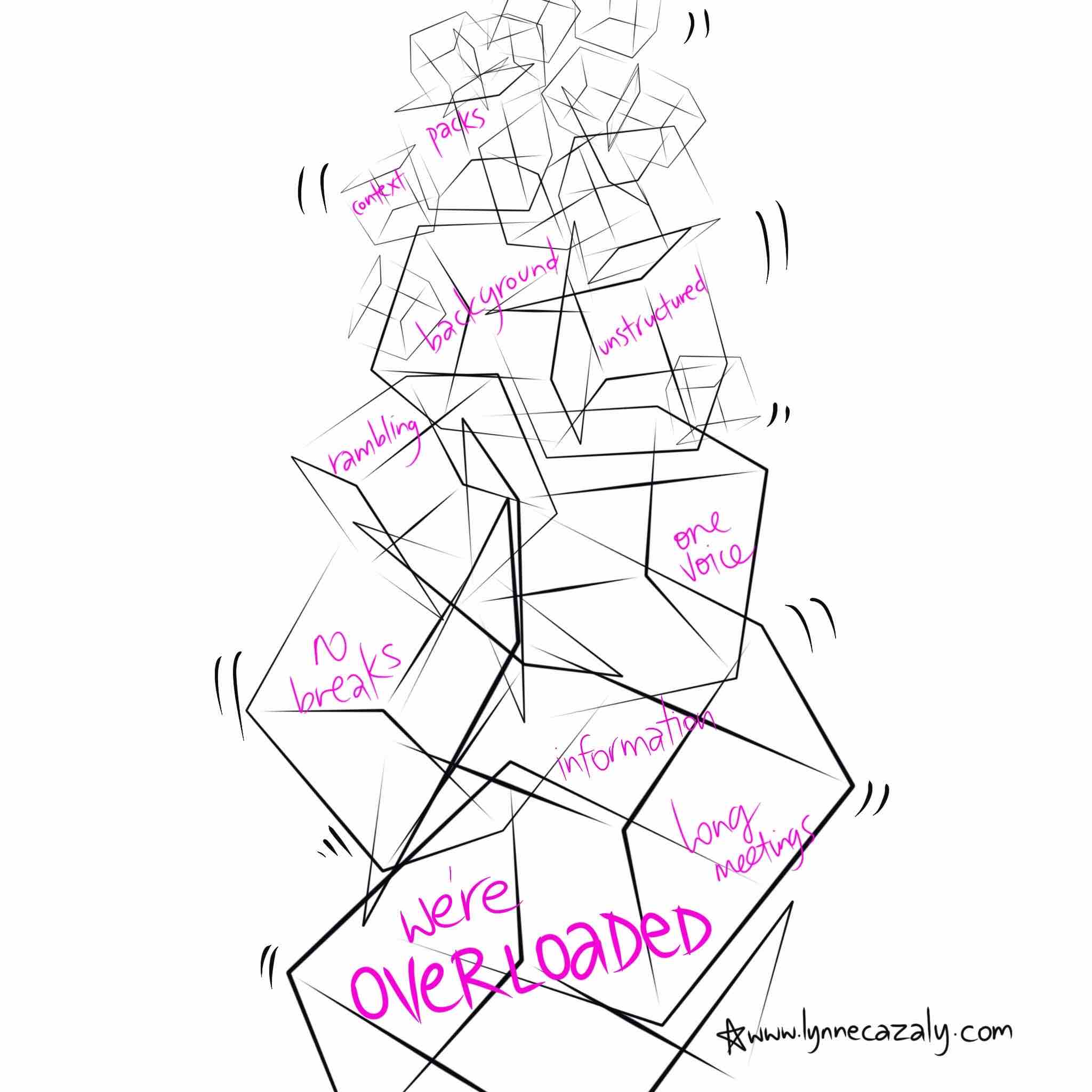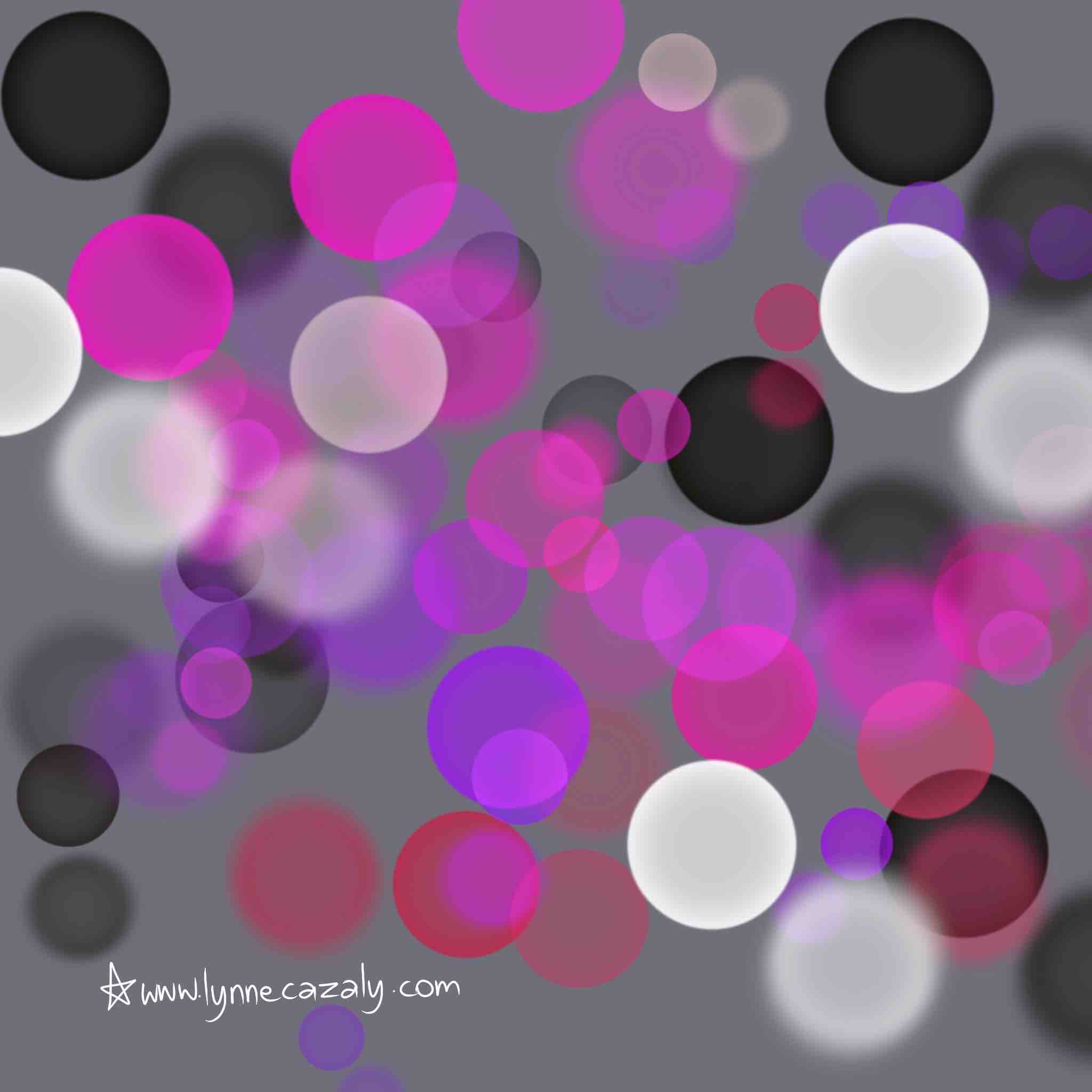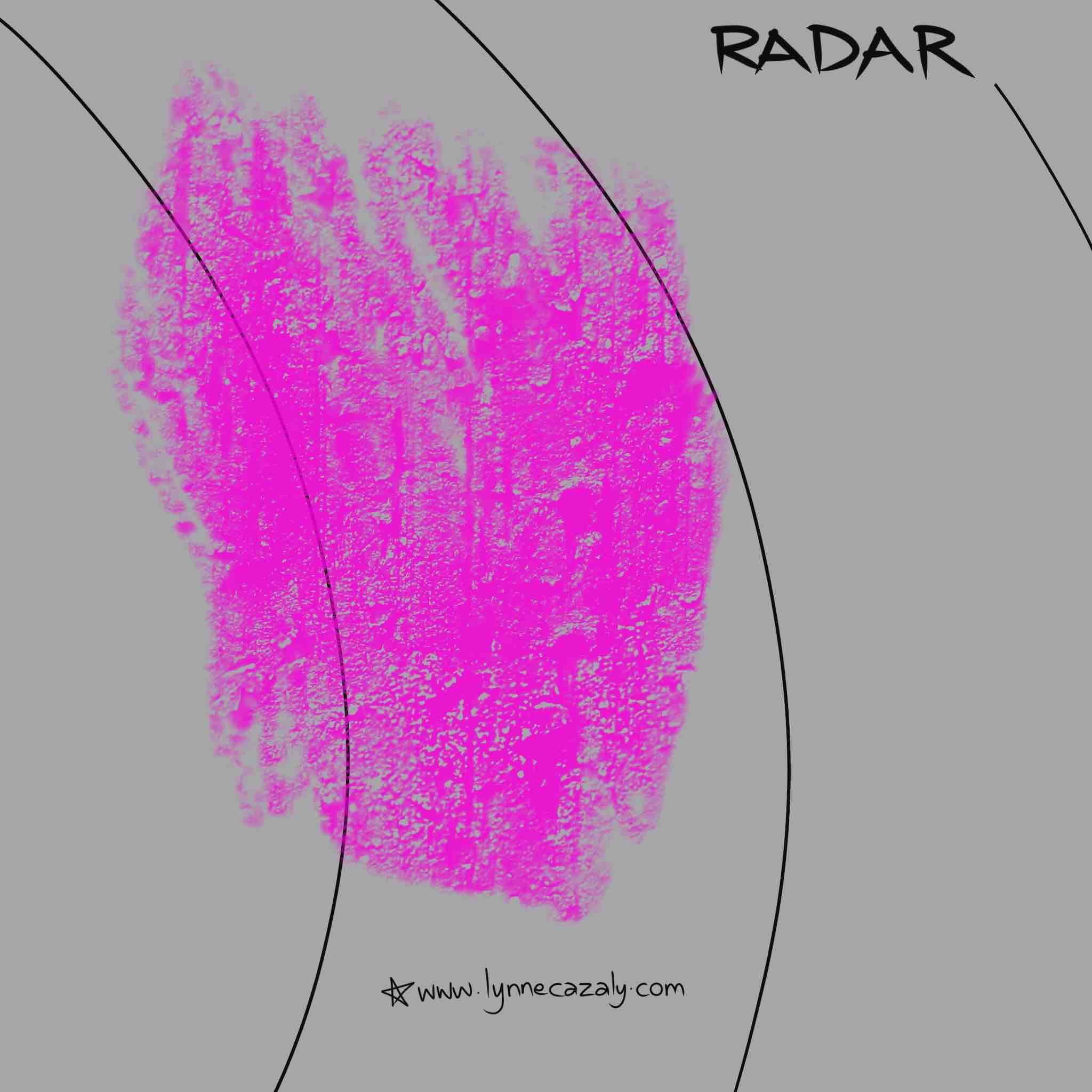What’s your sequence of questions
 Saturday, November 14, 2020 at 9:52AM
Saturday, November 14, 2020 at 9:52AM When we need to gather information from people, engage with them or elicit details, it makes sense that we ask questions.
In preparation for that conversation, collaboration, interview, podcast, enquiry, meeting or consultation... what’s your question sequence?
‘Winging it’ lacks strategy and can miss out on important things. Even though we may like to ‘go with the flow’ of a conversation, you can still prepare a sequence of questions and riff or flow within and around them.
Consider:
What do you need to find out?
How will you get things started?
How will you open it up?
How will you dive in or probe further?
How will you determine what the real focus/problem/situation is?
How will you bring things to a close?
Questioning is a learned skill and our mental cupboards that store questions are in need of a tidy up, refresh and renew.
Instead of thinking of ‘a few questions’, consider the sequence that will get you where you need to be ... efficiently and effectively.
What’s the order, what’s first and where is it going?




















